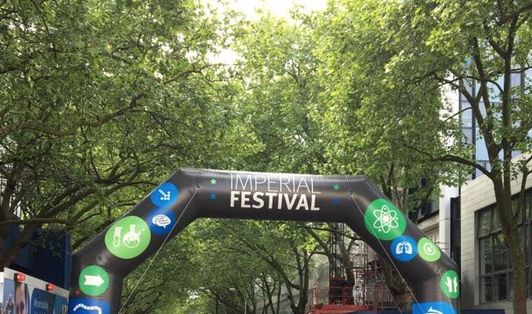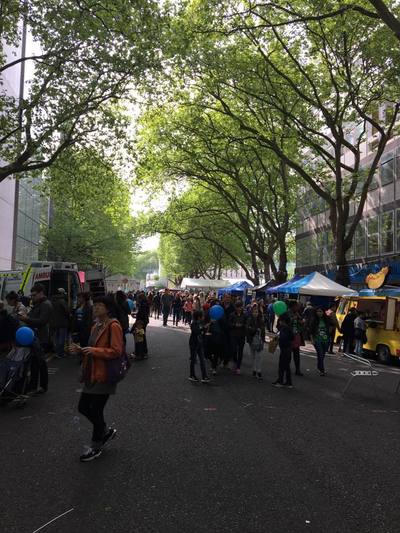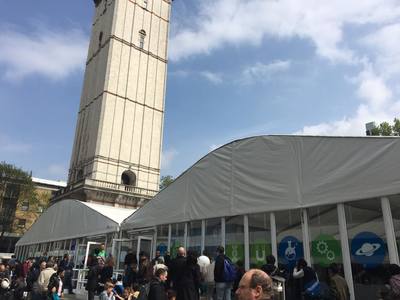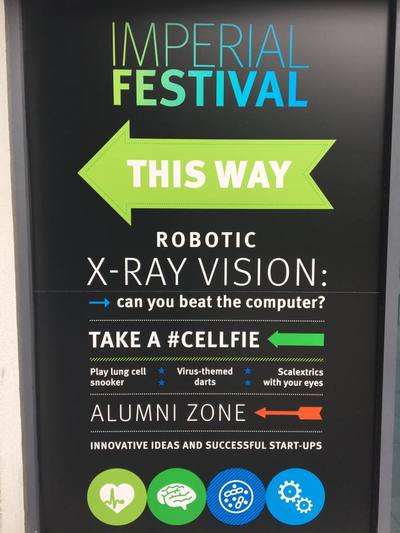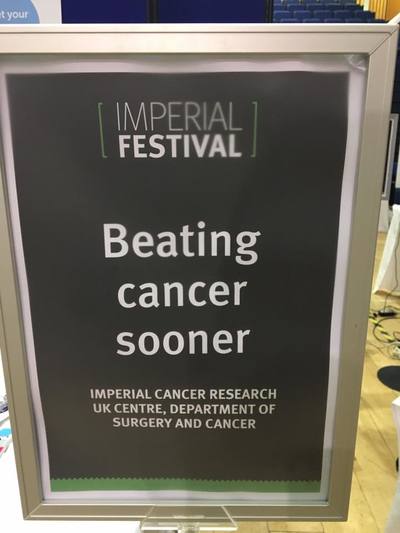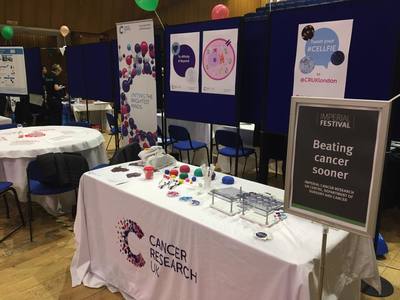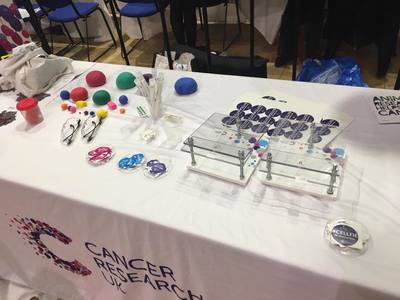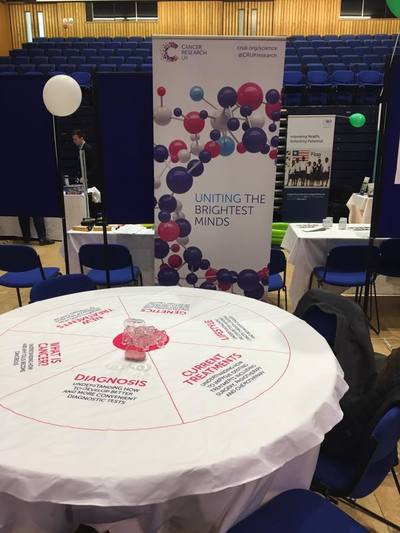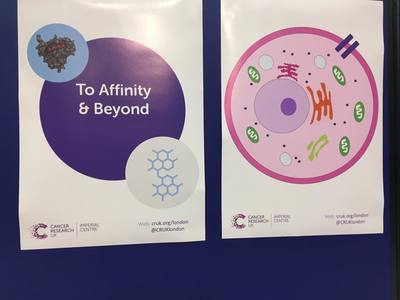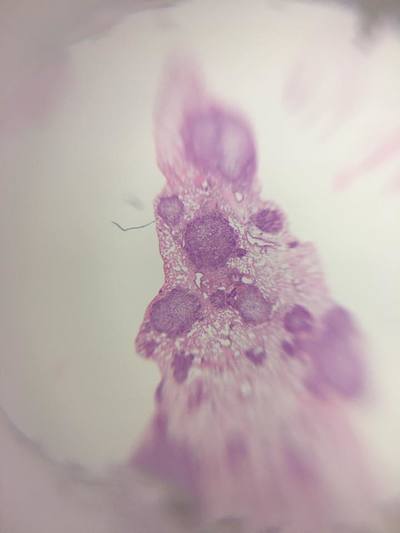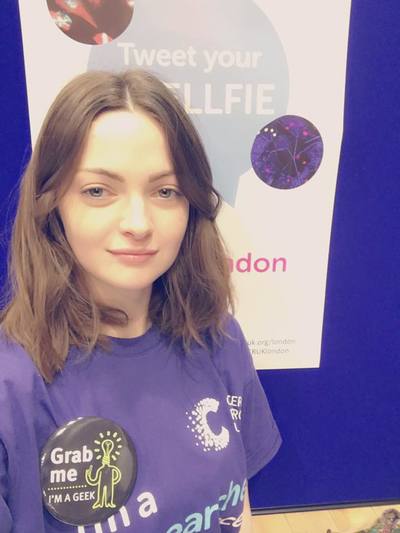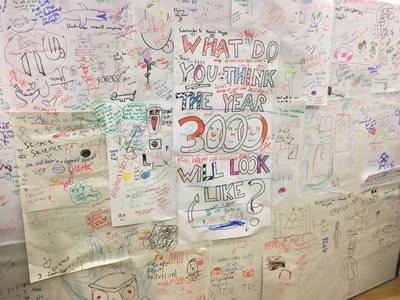|
Every year Imperial College London, UK hosts a science festival called Imperial festival. The festival boasts an impressive range of all different sciences from health to robotics and everything in between.
Each year Cancer Research UK has a stand. This is because CRUK has set up research centres all over the country and one of these, based in Hammersmith Hospital, is the CRUK Imperial Centre. This is a collaboration between Imperial College London, Imperial College NHS Trust and CRUK to provide top notch support and facilities for cancer research. The stand was manned by enthusiastic researchers funded by CRUK and/or CRUK volunteers. Our job was to get the public enthusiastic about cancer research by joining in some demos. The demos included:
I personally spent most of my time at the conversation C table. It was really interesting to see where people would put resources if they could choose. Surprisingly everyone started off with most of their resources in "Lifestyle". It makes sense, you want to prevent something from happening instead of trying to cure someone. But after a bit of discussion people started to move resources into "Genetics", "Diagnosis" and "Treatments". This was after realising that (1) people don't all follow the guidelines for a lifestyle that would reduce their cancer risk, (2) some cancers cannot be prevented by changing your lifestyle and (3) while this is a great long-term goal there are people suffering now who need short-term solutions. To my utter dismay, the most neglected topic was "What is Cancer?". To be able to tackle any of the other topics we need to know what we're up against. For example better understanding of cancer has lead us away from Chemotherapy and more towards personalised therapies. It was great to go and answer a few questions, have a chat and generally engage with the public. After participating in "Conversation C" I realised the most important aspect of cancer research to me is not any of the topics covered on the table. It was what we were doing at the table. Education and raising awareness of cancer can be such a powerful tool. As I said before, a lot of people don't change their lifestyle's even if they've been told it could reduce their cancer risk. From all the public engagement I have done with CRUK, plus this blog and chatting with people about my work, I realise that this is mostly down to the person not understanding why. Why does it increase or reduce my risk? What does risk actually mean? What is cancer? A lot of people don't even know certain things like obesity can increase your chance of getting cancer. For the cancers that still happen despite lifestyle factors, a lot of people don't know what genetic risk really means and don't realise the symptoms of a lot of cancers, which is why telling and engaging people is so important. I believe that if people were more informed and didn't feel like this was a subject you had to be a genius to understand (trust me I am far from being a genius) then you would have a lot more people willing to change their lifestyles or participate in studies and donate samples. This could change cancer research for the better.
0 Comments
Leave a Reply. |
AuthorMy name is Caitriona and I am a PhD student at Imperial College London, UK. Categories
All
|
